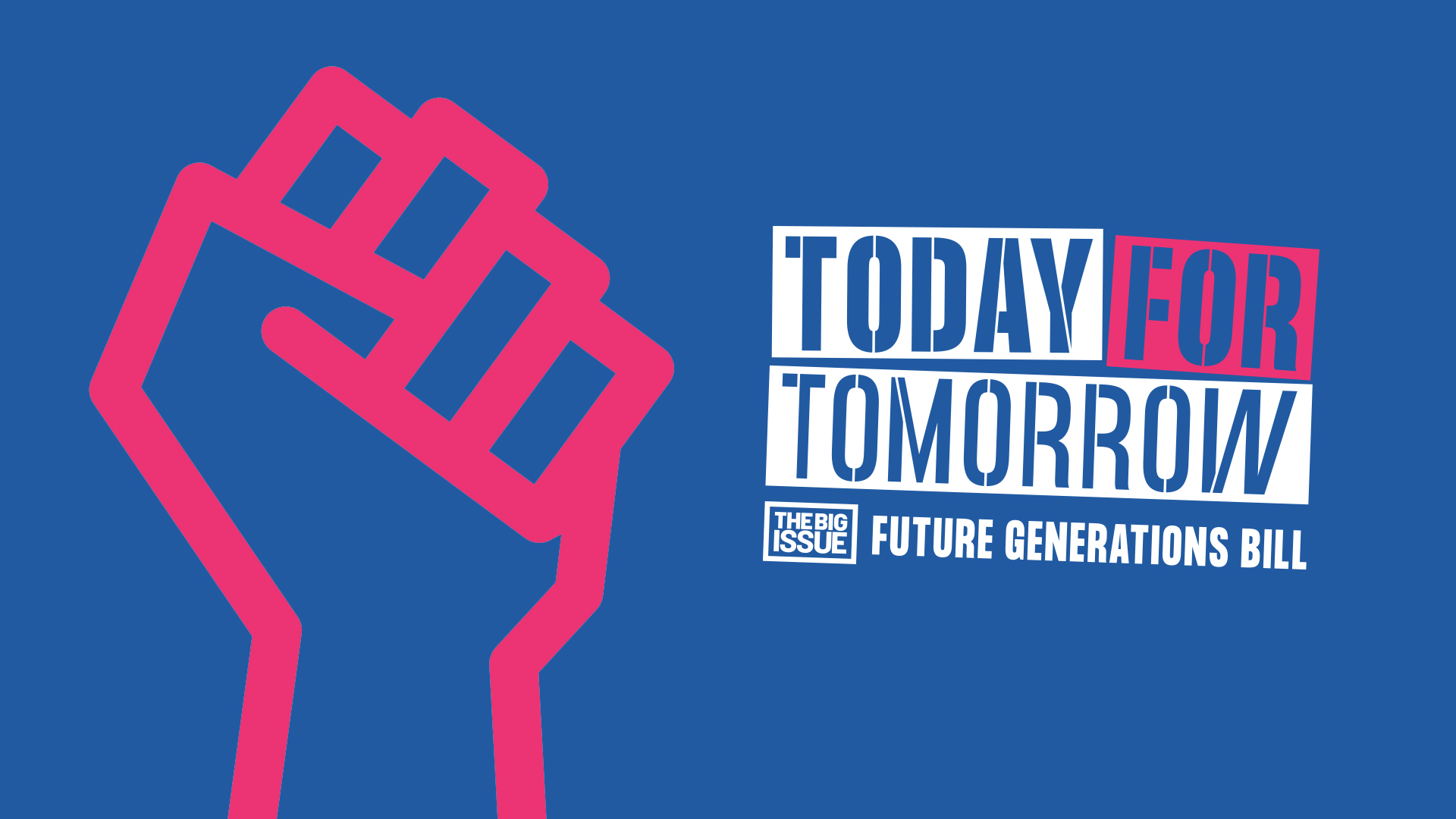It’s surprising the amount of people who are against social mobility who are themselves socially mobile. That means they are not ground down, don’t have to attend foodbanks, and are not living on the paltry amount awarded to most recipients of Universal Credit.
They are not the working poor. They are not stuck somewhere where life is grim.
Yet there they are, saying things like social mobility suggests getting people to aspire out of their class or social situation, thus leaving other poor people behind.
I of course am socially mobile, and have been for most of my life. Because education and skills training obtained through the prison service and the youth reformatory system enabled me to up my game with regard to work and socialising. Hence my ability to charm the arse off wealthy people so I could get money to start, among other things, The Big Issue.
I defend social mobility because I believe it should be for everyone. No one should be left behind. Although probably ‘social opportunity’ is nearer the mark. Yet those with social mobility should encourage other people to join their club, not run it down from a position of comfort.
I had a conversation with a street drinker – at more than arm’s length – last week, who was definitely not socially mobile. He did the “It’s all-fucking-right for you, you ponce, but what about us who’re stuck?” I was trying to suggest that he get indoors and try selling The Big Issue when it returns to the streets. He got very cross until I gave him a tenner. I felt he had earned it. That classic line about his social immobility got me thinking once again about this problem, where the socially mobile are seen as the ones who don’t like it for others.










